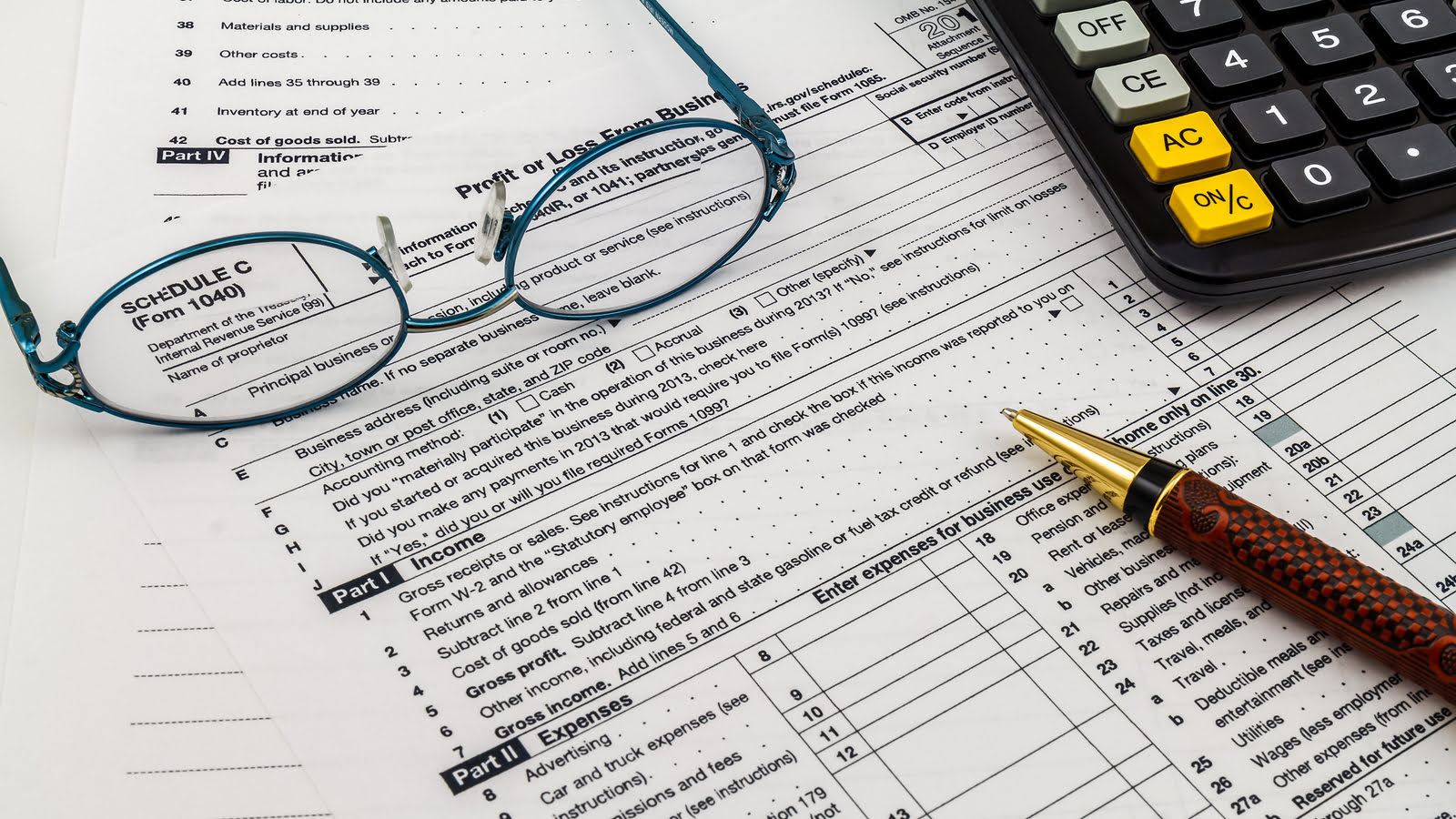It depends. Different business structures mean different tax forms.
Small business owners have a lot to think about during tax season. On top of your individual tax returns, all the revenue and expenses of your business need to go somewhere. But do you file that with your personal taxes, or does your business get its own federal tax return?
It depends on your business structure.
Contents |
| Which business structures require separate tax returns? |
| What if I own multiple businesses? |
| What goes into my personal tax returns? |
Which business structures require separate tax returns?
Great question. We can divide this up into three basic types of tax structure. Some will simply add the business to your individual tax returns, some require filing a separate return but not separate taxation, and some have their own tax liability independent of yours.
|
📑Note: We're only talking about federal taxes here. State and local |
No separate return:
- Sole proprietorships, which are businesses owned by one person without a legal distinction between them and their business, do not pay their own taxes. Instead, the owner uses a form called Schedule C to declare profit and loss from the business and attaches it to their Form 1040 to file with their personal taxes. Certain business structures may also elect to be taxed as if they were sole proprietorships.
Separate return, no separate taxes:
- Partnerships are shared between two or more owners. They’re generally not a separate legal entity and don’t directly pay taxes, but you’re still required to file Form 1065 to declare how much profit or loss goes on each owner’s individual returns.
- S-corps are corporations that pass the profits and losses along to their shareholders for tax purposes. You need to file Form 1120-S to report the business’ profits, losses, and dividends, but your business doesn’t pay any corporate taxes. It all goes through the tax returns of individual shareholders instead.
Separate return and separate taxes:
- C-corps are the classic corporate tax structure. They file their own tax returns using Form 1120 and pay their own corporate income taxes before passing profits and losses along to the shareholders. The income is taxed again on the shareholders’ personal taxes. This double taxation means that the C-corp structure might not be the best choice for small businesses without big investors or six-figure profits.
Wild card: LLCs
- Limited Liability Companies (LLCs) are not a type of tax structure, but a particularly versatile type of legal structure. LLCs are established as their own legal entity but may elect to be taxed in a variety of ways. Single Member LLCs (SMLLCs), also owned by one person but with an established legal entity for the business, are treated as sole proprietorships for tax purposes. LLCs can also elect to file as if they were partnerships, S-corps, or C-corps. This combination of basic liability protection with maximum tax flexibility makes LLCs one of the most popular business legal structures today.
What if I own multiple businesses?
If you own multiple businesses, don’t worry. You’re still following the same basic criteria.
Consider each of your businesses on their own and take care of them one by one. Sole proprietorships don’t get a separate return, partnerships and S-corps file their own returns but don’t pay separate taxes, and C-corps file a return and pay corporate taxes.
But remember, no matter what, your federal tax returns only need one 1040.
Now we’ll put it together. Let’s say you own a sole proprietorship, a partnership, and a C-corp (for some reason). What do you file?
- Form 1040 for your personal returns
- Schedule C (attached to your Form 1040) to declare profit and loss from the sole proprietorship
- Form 1065 to declare profit and loss from the partnership
- Form 1120 as a complete, separate tax return for your C-corp
So in total, that’s Form 1040, Schedule C, Form 1065, and Form 1120: your individual tax return, plus whatever each separate business needs.
What goes into my personal tax returns?
Your individual tax return – Form 1040 – starts with the obvious: name, address, Social Security number, etc. After you’ve filled out the personal information, you need to report your income, claim deductions, and calculate your tax liability.
Employees and independent contractors receive W-2s and 1099s from employers and/or clients, and reporting those on Form 1040 is relatively straightforward. Small business owners have a few extra steps to handle.
Income (or loss, but hopefully not) from a sole proprietorship is reported with Schedule C. Income from a partnership or S-corp is split up with something called a K-1 (easy description: W-2s for business owners) and reported with Schedule E. Any dividends from a C-corp are reported with Schedule B.
Bottom line
You may or may not have to file additional tax returns for your businesses, depending on how they’re structured. Some go on your personal 1040s, some require filing separate returns but are still taxed on your 1040s, and some require entirely separate tax returns.
If you own multiple businesses, address each of their tax requirements separately. But remember, there’s only one 1040 in your federal tax returns no matter what.
Does that sound like a lot to keep in mind? Give the tax experts at DiMercurio Advisors a call and we’ll handle the details.








